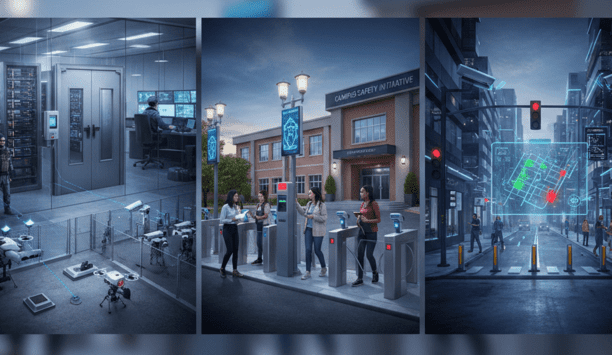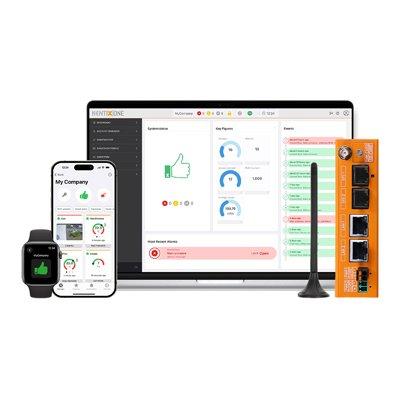If you happened to read my recent article referring to my passion for the motorcar, you may be surprised to learn that I ever walk anywhere. However, it is often necessary to put the car keys away and opt for a more environmentally friendly mode of transport to travel the few hundred yards from car to shop, cinema, restaurant or similar establishment.
When walking in our town and city centres on a Friday or Saturday night, it is hard not to be struck by the level of anti-social behaviour - much of it drink related - and the perpetrators who readily display their antagonism towards anyone in authority. Not surprisingly, many people simply avoid the most troublesome areas after dark, fearful of unprovoked attacks or verbal abuse, making them virtual no-go zones for a considerable section of society.
In Britain we have been struggling to balance our love of alcohol with social responsibility for centuries, with the temperance movement an early response to this dilemma. More recently, I recall when changes to the drinking laws were first mooted that there were high hopes that an extension of hours in England and Wales would encourage a continental-style cafe culture to emerge, but instead the facts and figures suggest that such a metamorphosis has not taken place.
On the ground it is our hard-pressed emergency services who time and again are having to pick-up the pieces after the binge-drinkers have had their so-called fun. Front line police officers constantly find themselves on the receiving end of vicious attacks as they attempt to restore order. There is also the knock-on effect on the health service where many injured revellers end-up with doctors and nurses subject to abuse as they try to work in Accident and Emergency, which at times can seem more like a battleground than somewhere designed to provide medical care. A recent study at St Thomas' Hospital in London reinforces this worrying trend, suggesting that the adoption 24-hour drinking laws has resulted in a three-fold increase in alcohol-related admissions to A&E overnight.
This relentless drain on resources means that the police have fewer officers available to fight crime and in the case of hospitals for medical staff to treat ordinary patients whose problems are not a result of over indulgence or reckless behaviour.
From a security industry perspective, we can of course provide a range of technologies and resources to assist the authorities in managing and controlling the situation including: CCTV in town centres to issue verbal warnings (Talking CCTV!), vandal resistant dome cameras, mobile CCTV for rapid deployment to hotspots, helmet mounted cameras for police officers, panic buttons in A&E and better trained and licensed door staff for our pubs and clubs.
Whilst these measures can make a positive difference, moving forward we all need to take a long, hard look at alcohol's impact on our society as whole - from a Government and individual perspective - to turn the tide. The Home Office's review of the 24-hour licensing laws has to be welcomed in this regard. I don't claim to have all the answers but it is obvious that proactive action needs to be taken, sooner rather than later, so we can take control of the situation and move away from the relentless firefighting - no pun intended - that our emergency services are engaged in every weekend.



















